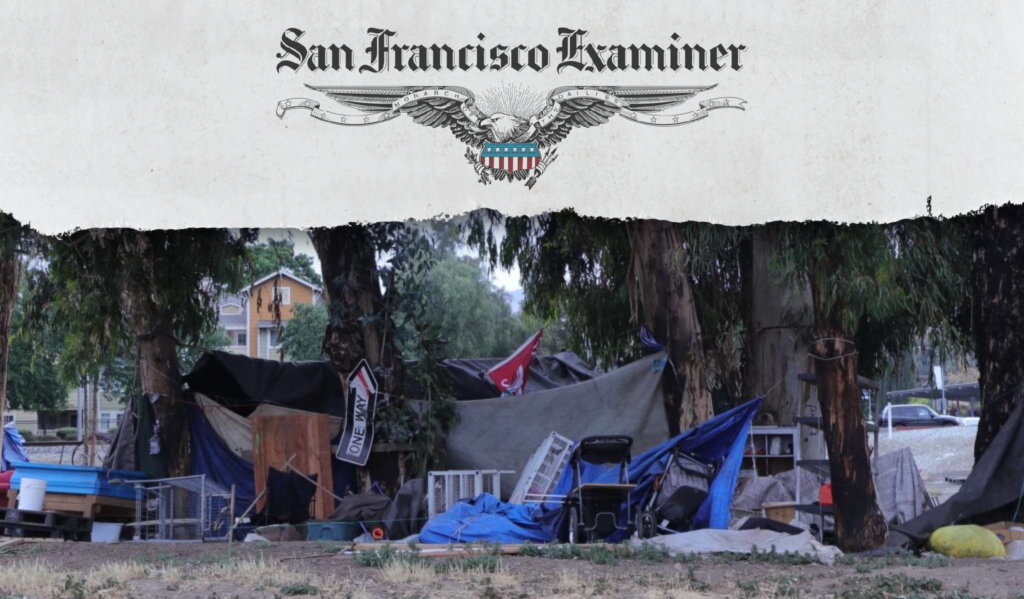This article was originally published in the San Francisco Examiner
By Matt Mahan
Every single person reading this will likely pass by someone living, and suffering, on the streets today. I could not have said the same thing with certainty 10 years ago.
Because in 2014, the rate of homelessness in California began to spike, and over the last decade, the count has surged by a staggering 50% — even while homeless populations in most other states are declining.
What happened?
Proposition 47 is a large part of what happened.
California voters passed the 2014 initiative measure to reduce prison populations and redirect the savings toward treatment and proven diversion programs. While prison populations have declined, the rate of homelessness, drug-overdose deaths and retail thefts have all dramatically increased.
Like most Californians, and the overwhelming majority of Democrats, I voted for Prop 47 and support its goal of ending the era of mass incarceration. But after 10 years, it is time to face clear facts.
Prop 47 has generated serious, costly, and sometimes deadly unintended consequences, and it is time for reform.
San Jose, the city where I serve as mayor, has a serious homelessness problem. So do most other towns and cities.
While we have been able to reduce homelessness in the past three years with innovative programs such as quick-build housing, hiring homeless neighbors to clean up trash so they can work their way off the streets, and regular abatements of encampments, our unsheltered population is still at crisis levels.
There are many reasons for this, but one key reason is that Prop 47 limited the ability of judges to order those caught up in the criminal-justice system into drug and alcohol treatment. It also dramatically reduced the incentive for many in the criminal-justice system to enter and stay in treatment as an alternative to incarceration.
Homelessness is not a crime. But some studies show that in California, more than 50% of unsheltered homeless residents report a history of incarceration — and up to 45% report severe alcohol or drug use.
Before Prop 47, many of those facing incarceration were prompted into treatment. Since its passage, this proven tool to help people off the streets and out of addiction was largely abandoned.
If we want to treat homelessness like the crisis it has become, as California Gov. Gavin Newsom is so strongly urging, we need to get more people into treatment. That’s what Proposition 36 will allow. But addressing the spike in homelessness is not the only reason we must reform Prop 47 by supporting Prop 36 on our November ballot.
We all now pay what is essentially a “theft tax” because of the costs associated with rising levels of retail thefts. Under Prop 47, someone can steal up to $950 multiple times a day, every day of the year, and essentially never face any serious consequences.
Prop 36 brings back the tools judges once used to mandate treatment for those with multiple prior convictions and provides fair and appropriate accountability for those who refuse this treatment.
I don’t need to tell any San Franciscan that the rise in drug-overdose deaths is a profound crisis, driven in part by the growing use of deadly fentanyl. Prop 36 means more tools to take fentanyl off our streets and to hold accountable those selling this deadly drug in murderous quantities.
I have joined San Francisco Mayor London Breed, San Diego Mayor Todd Gloria, and numerous other local elected officials in support of Prop 36 because we must address the flaws in our criminal-justice system that are leading to rising levels of homelessness, retail theft and drug-overdose deaths.
We are not going back to an era of mass incarceration — that is not what Prop 36 will do. But it will help usher in the era of mass treatment we need to keep people housed, keep small businesses open, and keep people alive.
Matt Mahan is the mayor of San Jose.

